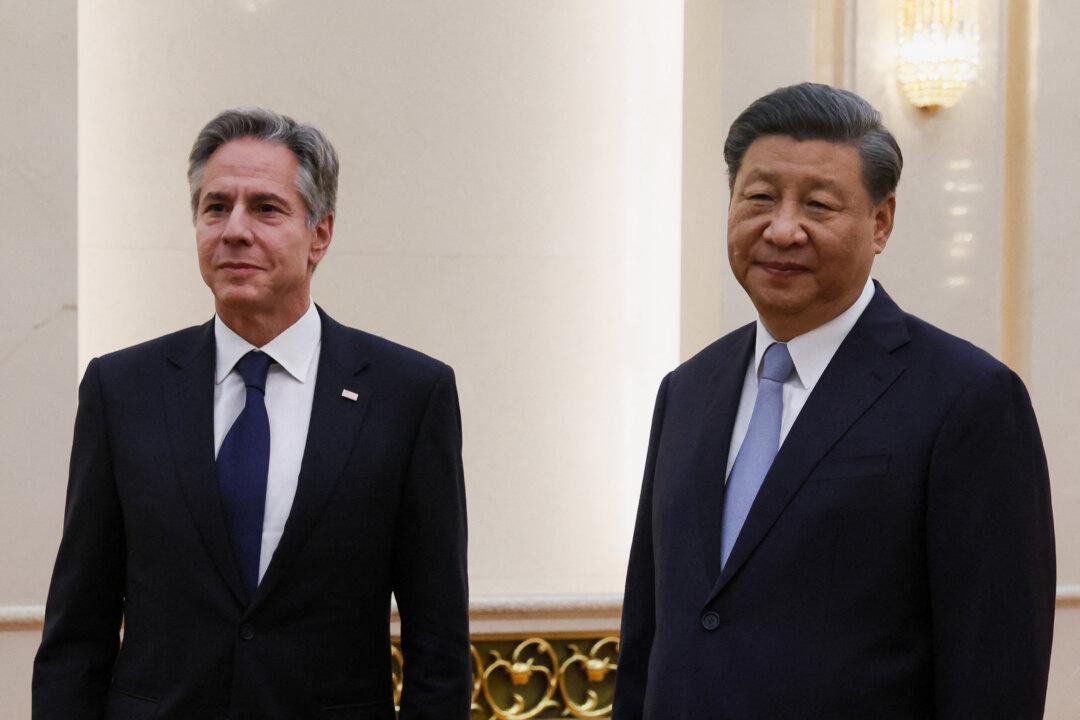It’s impossible to maintain the kind of friendly relationship the Biden administration seeks to build with China, especially in the light of revelations about the origin of the COVID-19 pandemic and the widely anticipated invasion of Taiwan, said economist and longtime China observer Gordon Chang.
“The Biden administration wants to establish channels of communication with Communist China. But the problem is, when you start thinking about the irreconcilable differences between China’s regime and the United States, that it’s just not going to work,” Chang said in an interview with EpochTV’s “American Thought Leaders.”






